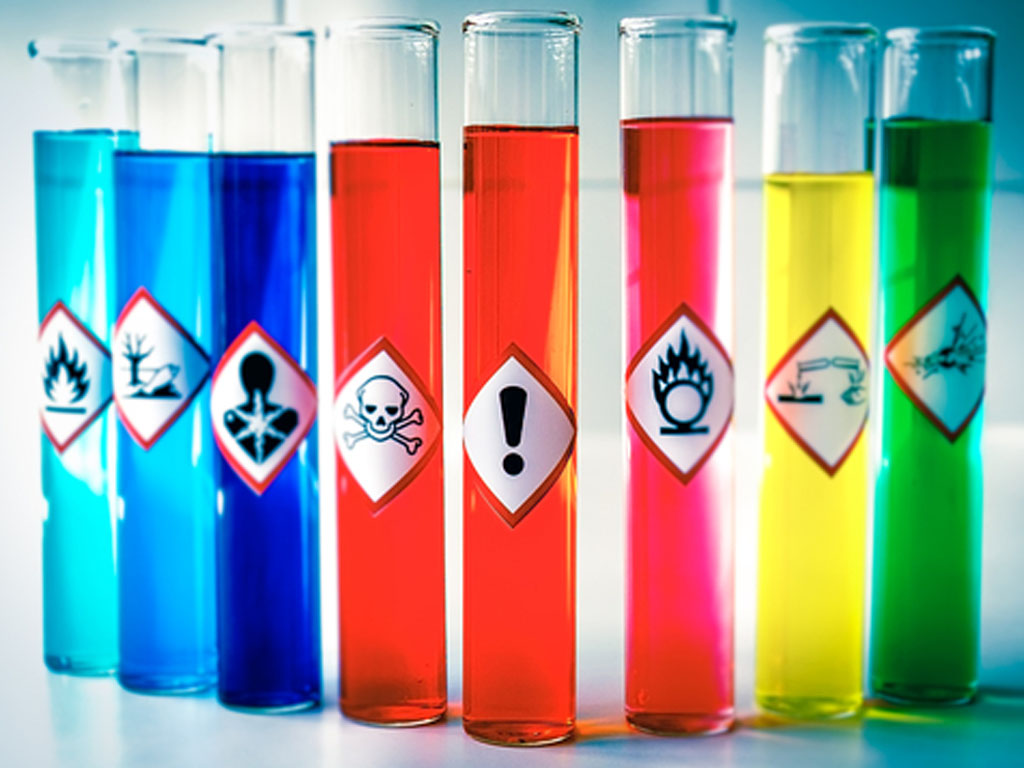Experience
Toxicological Assessment
However, it is human nature and helps us to make daily decisions, such as when to overtake traffic on the highway, or whether to trust a new colleague, based on quick, sometimes emotional shortcuts rather than time-consuming rational calculations. This is sometimes referred to as “intuitive toxicology”.
Affect heuristic can result in a positive or negative assessment of a chemical exposure event, which directly influences public perception of the risks. Negative emotional responses are easily aroused when learning of exposure to a perceived hazardous chemical, which inadvertently results in a high risk perception. This mechanism can affect decision makers ranging from judges in environmental contamination litigation cases to mothers using baby products suddenly rumoured to be hazardous to health.
A balanced, systematic toxicological review based on sound scientific principles of research methodology is an important defensive weapon against negative risk perceptions rooted in the application of affect heuristic. Furthermore, it investigates and documents the toxicity values that are needed to assess health risks and flags uncertainties to be considered in the interpretation of quantified health risks.
